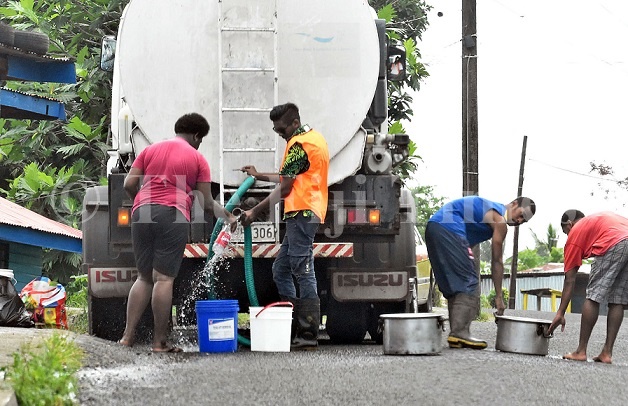Despite progress in assessment and post-disaster recovery efforts, basic needs such as water, sanitation and hygiene remain unmet.
According to the Fiji Health Adaptation Plan (FHAP) 2024-2030, this had a compounding effect on outbreaks of climate-sensitive diseases such as leptospirosis and dengue fever.
“Access to health facilities is another significant challenge in some areas, particularly the outer islands and the interior of the larger islands of Viti Levu and Vanua Levu,” the report said.
The six-year plan outlined could be countered with the review and streamlining ahead of time the underlying patient referral pathways and improving land and water-based transport arrangements and communication infrastructure.
“The HAP will have a strong focus over its implementation period on delivering infrastructure improvements and upgrades which have been identified by previous assessments such as the Climate Hazards and Vulnerability Assessment and the Climate Resilient and Environmentally Sustainable Health Care Facilities self-assessment checklists.
“Once priority health facilities receive their infrastructure upgrades, they will be declared climate resilient.
“The existing healthcare facility upgrade and maintenance program led by the Ministry of Health’s Asset Management Unit will be integrated with the climate resilience and environmental sustainability objectives of MHMS through a new Standard Operating Procedure.”
The report added there would be a shift to ensure that environmental sustainability and mitigation of the Fijian health system was included within the scope of all health programs led by the Health Ministry.



